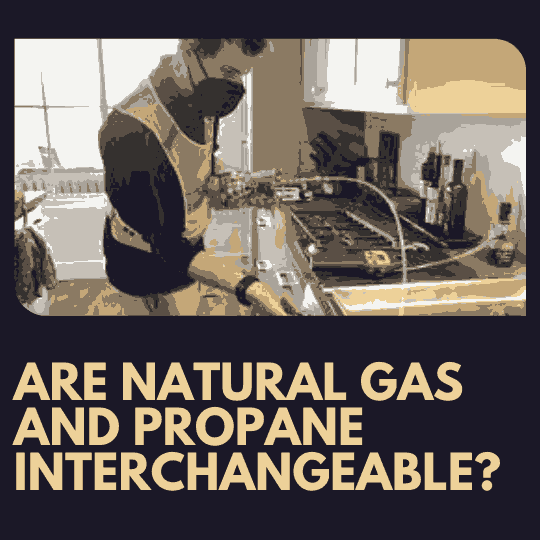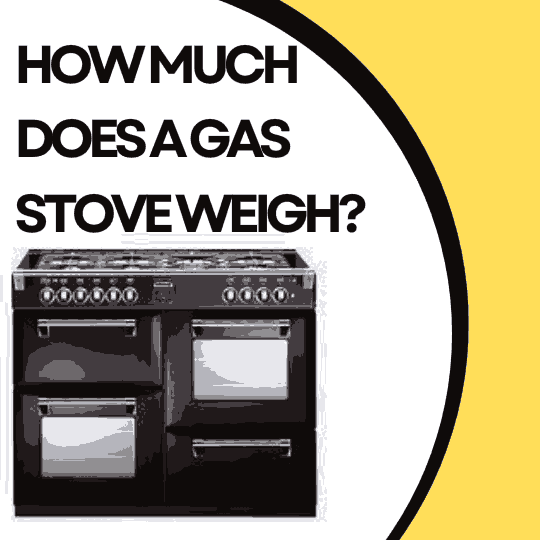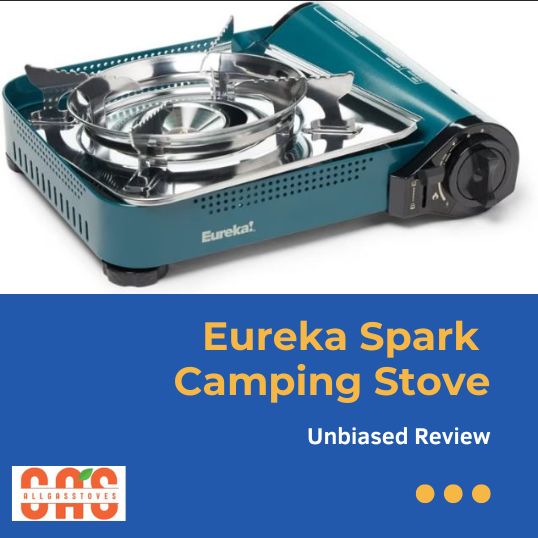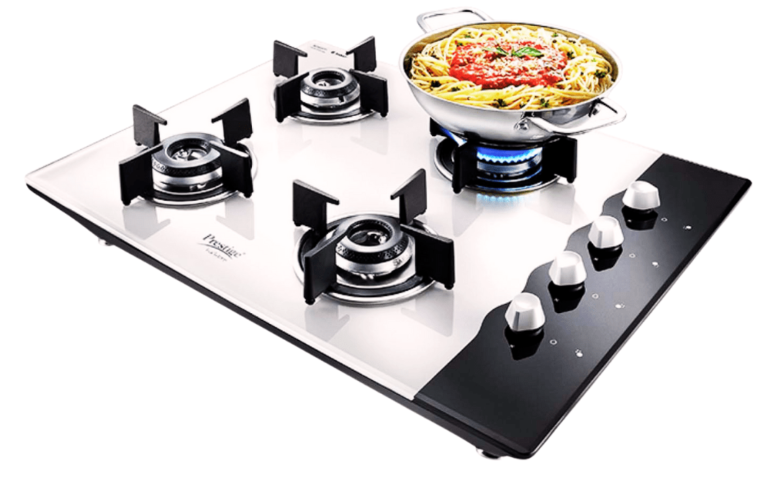Are Natural Gas and Propane Interchangeable?
Are you looking for an energy source that is both efficient and cost-effective? Natural gas and propane are two popular options that have been used for many years. But are they interchangeable? In this article, we’ll explore the differences between natural gas and propane and answer the most frequently asked question. Are natural gas and propane interchangeable?

Are Natural Gas and Propane Interchangeable?
No, natural gas and propane are not interchangeable. Natural gas is composed of methane, while propane is composed of propane and butane. While both are combustible gases, they have different combustion characteristics and require different fuel pressures.
The most obvious difference between natural gas and propane is their source. Natural gas is a naturally occurring gas that is found in underground reservoirs. It is composed primarily of methane and is typically delivered to homes through a network of pipes. Propane, on the other hand, is a by-product of natural gas processing and petroleum refining. It is stored in pressurized tanks and delivered to homes by truck.
Converting a natural gas stove to propane requires a few simple steps, such as replacing the burner orifices and the gas regulator, and adjusting the air shutter. It is important to note that you should only attempt to convert a natural gas stove to propane if you are familiar with the process and have the necessary tools and safety equipment.
How to Know if Your Stove Uses Propane or Natural Gas?
1. Check the label on the back of your stove or instruction manual. Most stoves will have a label that will indicate whether it uses propane or natural gas.

2. Check the burner orifices. Propane orifices are usually smaller than natural gas orifices.
3. Contact the manufacturer of your stove. They should be able to tell you which type of gas your stove uses.
What Happens If You Utilize Propane on Natural Gas Stoves?
Using propane on a natural gas stove is not recommended as it can cause a fire or explosion. Propane is a much more powerful fuel than natural gas and can cause the stove to overheat and malfunction.
The two fuels have different air-to-gas ratios, which can cause the stove to burn inefficiently. Additionally, the stove may not be designed to handle the higher pressure of propane and can be damaged.
1. Using propane on a natural gas stove is not recommended and can be dangerous.
2. Propane burns at a much higher temperature than natural gas, which can cause damage to the stove and its components.
3. Propane can also cause a build-up of soot and residue in the stove, which can be difficult to clean.
4. If propane is used on a natural gas stove, it can cause a fire or explosion due to the high temperatures.
5. Propane can also cause the stove to produce more carbon monoxide than it is designed to handle, which can be dangerous to breathe in.
6. Propane is more volatile than natural gas, so it can cause a much larger flame and higher temperatures than natural gas.
How much does it cost to convert a gas stove to propane?
The cost to convert a gas stove to propane will depend on the type of stove, the complexity of the conversion, and the cost of the necessary parts. Generally, the cost can range anywhere from $50 to $500.
Is It Possible to Convert a Natural Gas Stove to Propane?
Yes, it is possible to convert a natural gas stove to propane. However, it is important to note that the conversion must be done by a professional and the stove must be designed for conversion. Additionally, the conversion must be done in accordance with local codes and regulations.
How to convert natural gas to propane?
1. Purchase a conversion kit from a local hardware store or online.
2. Follow the instructions included in the kit to install the necessary components.
3. Install the appropriate orifice size for the propane conversion.
4. Connect the propane supply line to the regulator.
5. Connect the regulator to the gas appliance.
6. Turn on the gas supply and check for leaks.
7. Test the appliance to make sure it is working properly.
Reasons to convert a natural gas stove to propane
1. Propane is a clean burning fuel with a long shelf life, and it won’t be affected in an emergency. –
2. Propane and produces low levels of carbon monoxide, making it safer for humans and plants.
3. Propane is stored in safe tanks or bulk cylinders, eliminating the risk of spilling or waste during fill-ups.
4. Propane is more energy efficient than natural gas, providing 2,500 BTUs of energy per cubic foot compared to the 1,030 BTUs of energy per cubic foot of natural gas.
Below are some of the best Conversion Kit available on amazon.
LPKIT-3/XAA Liquid Propane Conversion Kit for Natural Gas to Liquid Propane (LP) Conversion Replacement Compatible
5249 Propane to Natural Gas Conversion Kit, 10FT 3/8” Natural Gas Hose with Quick Connect Fitting
FAQ’s
Q.1 Do gas stoves use propane or natural gas?
Gas stoves can use either propane or natural gas.
Q.2 Does propane stove burn hotter than natural gas?
Yes, propane stoves typically burn hotter than natural gas stoves. Propane has a higher BTU rating than natural gas, so it will produce more heat when burned.
Q.3 which is better to cook with propane or natural gas?
Propane is a more portable fuel source and is easily available. It is also affordable and safe to use and can be used outdoors. so it is convenient to cook using propane gas.
Q.4 How hard is it to switch from propane to natural gas?
It can be difficult to switch from propane to natural gas, depending on the type of appliance and the existing setup. If the appliance is designed to run on both propane and natural gas, the switch may be relatively straightforward. However, if the appliance is not designed to run on both fuels, it may require a conversion kit and professional installation.
Conclusion
In conclusion, natural gas and propane are not interchangeable. While they may look and smell the same, they have different chemical compositions and require different types of appliances. If you’re considering switching from one to the other, it’s important to do your research and consult with a professional to ensure that you make the best choice for your home and your budget.









3 Comments
Comments are closed.